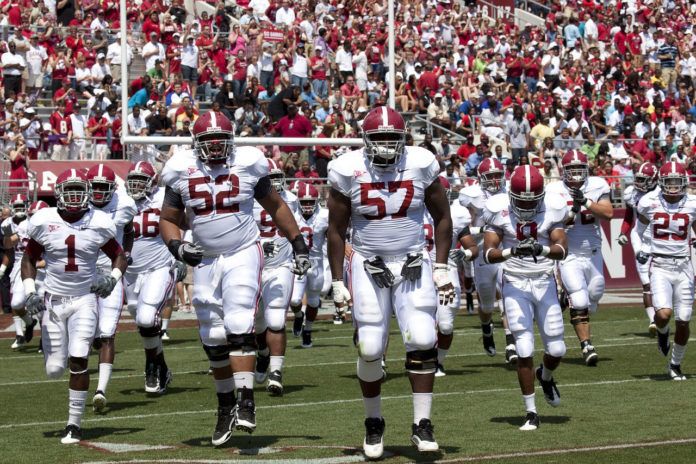Generally, sports analytics has been used to analyze the results of sports competitions. Although the analytics provides ratings for each team or player. Similarly, Disney research scientists in collaboration with California Institute of Technology and STATS developed a new supplier tool for sports data. The tool detects Athletes’ decision-making. According to researchers, this tool will help coaches or players to figure defensive athletic performance in any game situation.
The tool examines detailed game data on player and ball positions to create models. Those model will be about how a typical player in a league or on another team would behave when an opponent is on the attack. It will then compare what a team’s players or ghost players actually did during a defensive play.
Research head Peter Carr said, “With the innovation of data-driven ghosting, we can now, analyze and compare detailed defensive behavior. Despite what skeptics might say, you can indeed measure defense. It is also applicable for other sports including, basketball and football.”
Scientists demonstrated the method using data from 100 games of a professional soccer league.
Previously, Ghosting method was used to predict what a defensive player have done in particular situations instead of what he actually did. But, this method requires extensive manual annotation of game data. So, to cut manual annotation scientists developed a fully automated approach using advanced machine learning techniques that predict athletes’ decision making.
To learn about athletes’ decision-making role in a formation, scientists used recurrent neural networks. It is able to check the recent history of player actions to make predictions of subsequent actions.
Carr said, “Our approach avoids the need for manual input. The ghosting model can be trained for several hours, after which it can ghost every play in real-time. Because it is fully automated, we can easily learn models for different subsets of data, such as all the games of a particular team.”
Professor Yisong Yue said, “For games such as soccer, where the game state is continuous in both space and time, standard deep learning techniques were not sufficiently robust. As time progressed, the predictions tend to veer from ground truth. To address this issue, the researchers leveraged techniques from imitation learning, a tool that is able to learn from demonstrations and has proven useful in robotic applications.”
